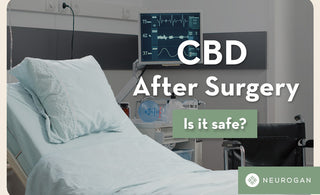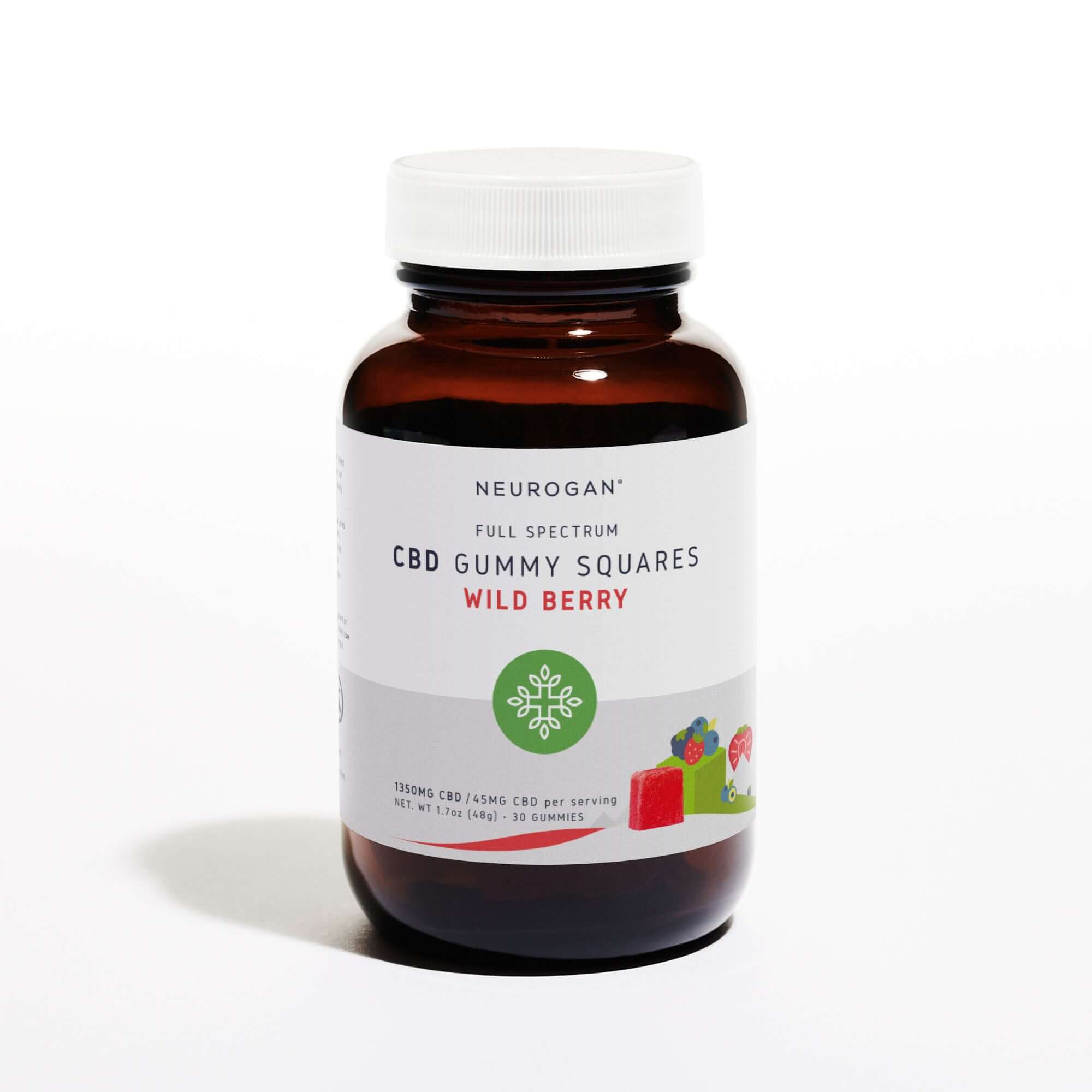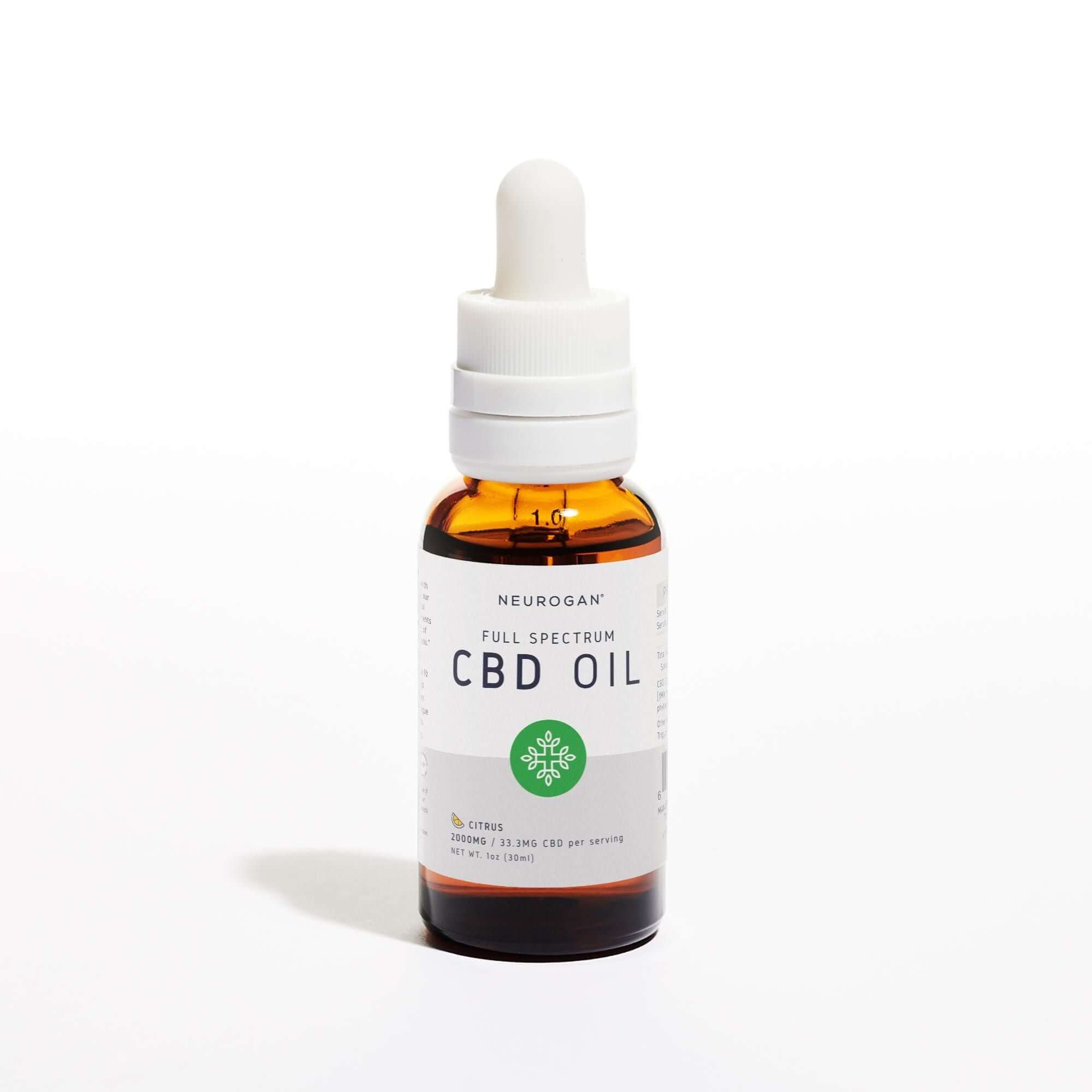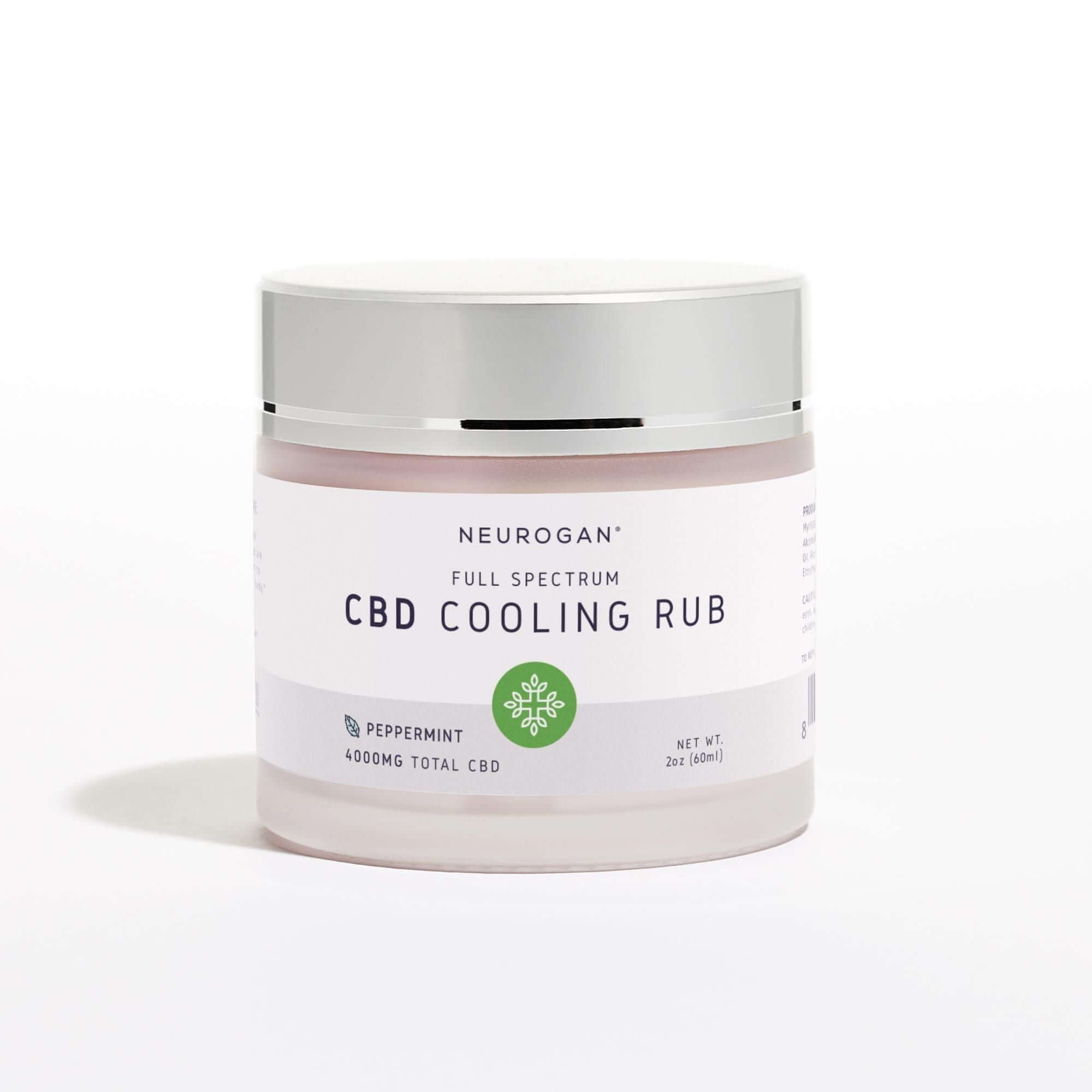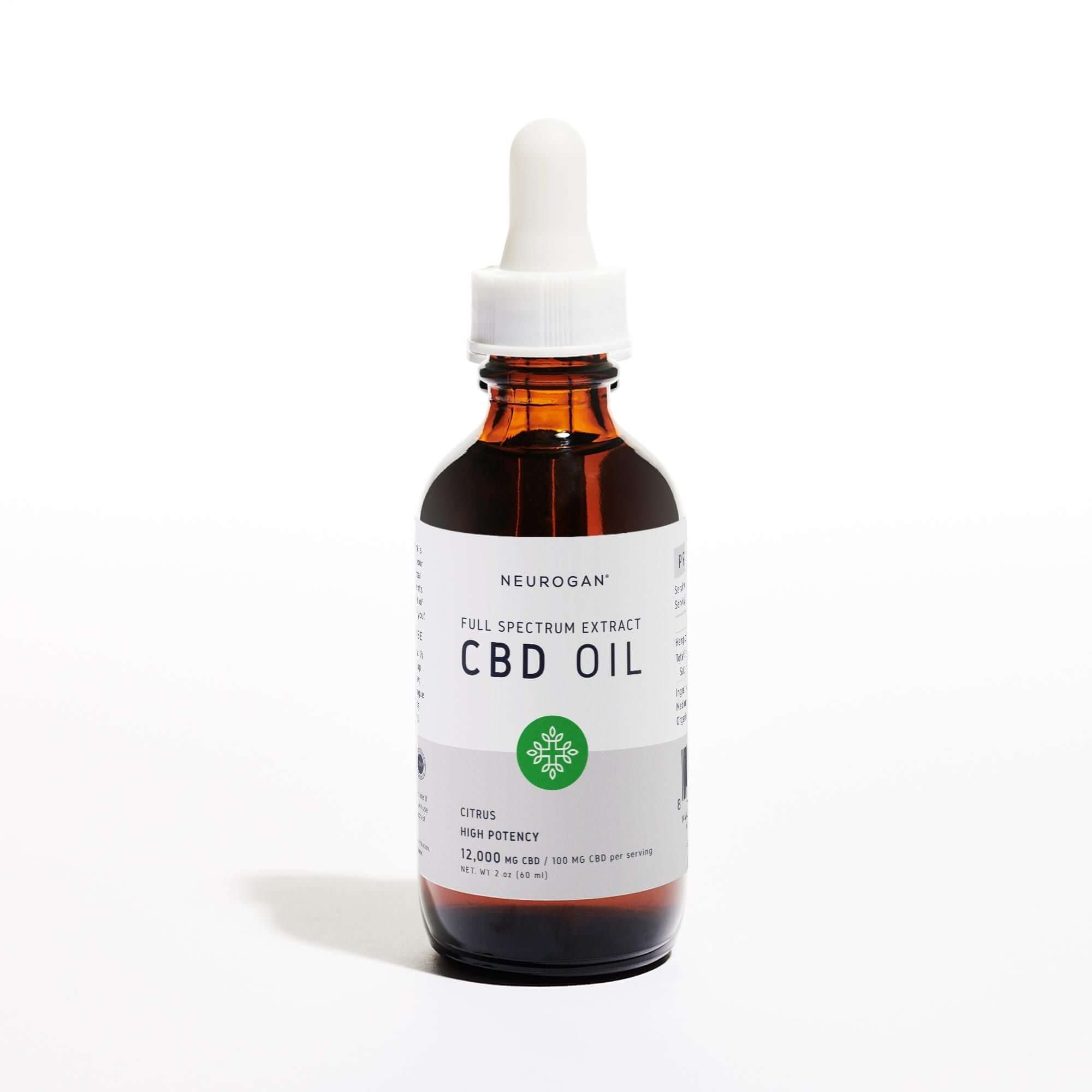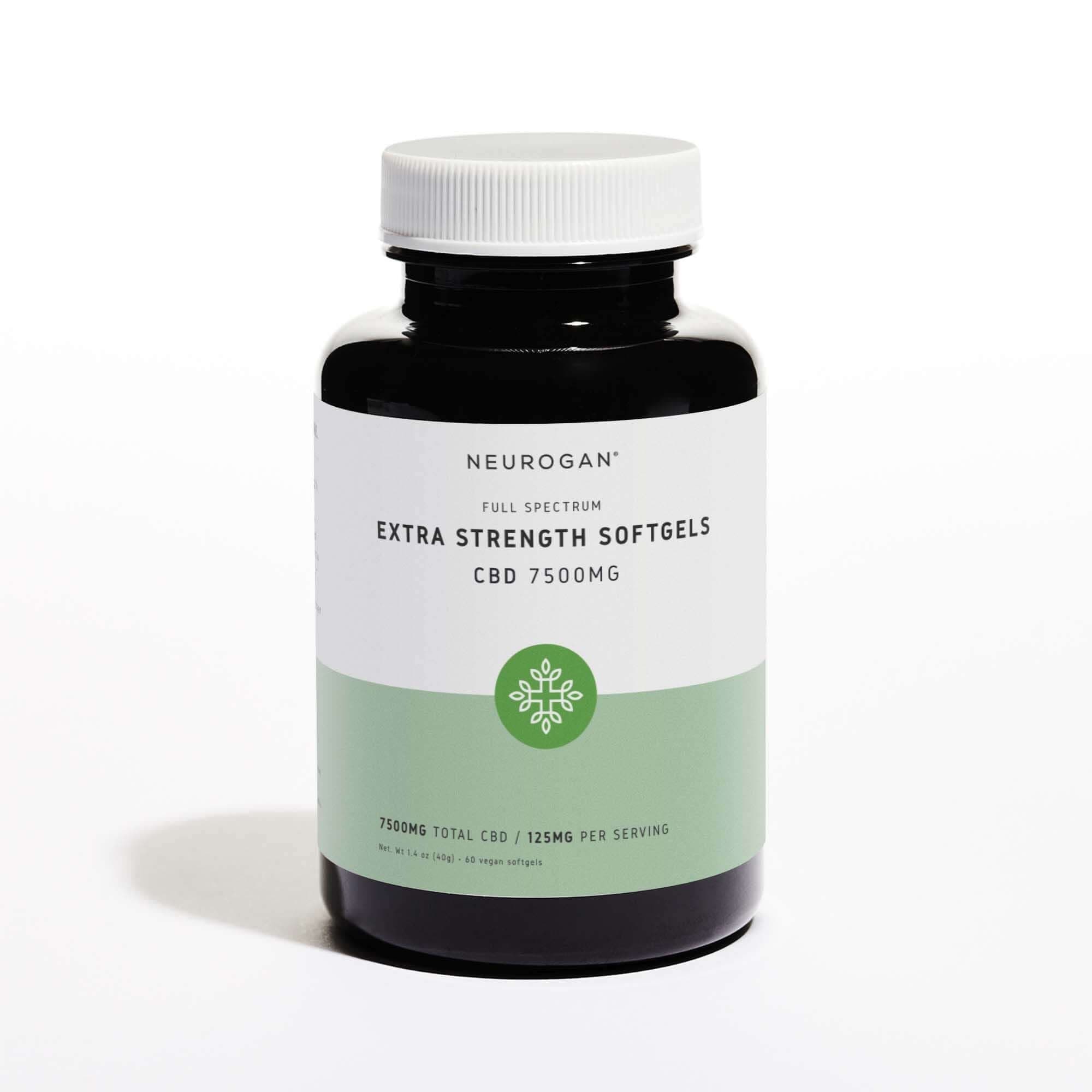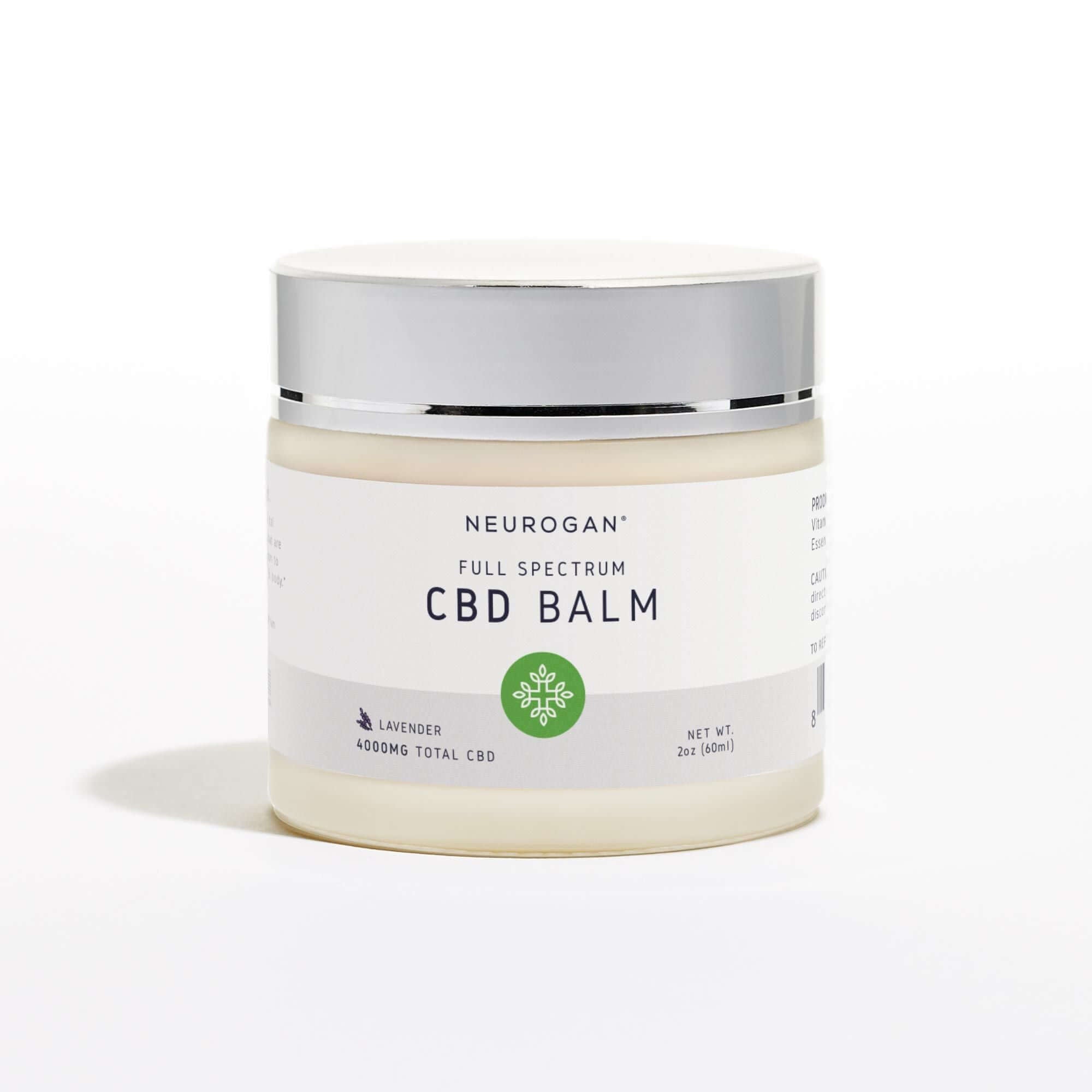Given that there's plenty of promising research surrounding CBD's potential benefits for pain relief and supporting healthy inflammation reduction, it seems as though taking CBD products or marijuana edibles for a comfortable healing process after surgery could be a good idea [1, 2].
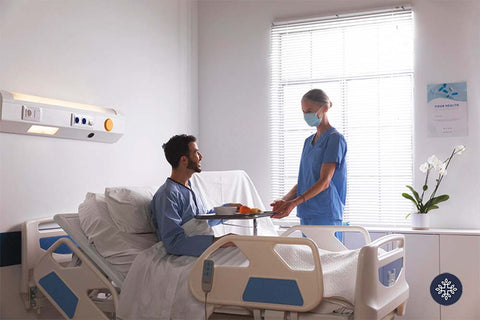
However, we want to highlight that this article is purely rooted in the spirit of education, and while CBD has been generally found safe, every person and the distinct nature of every surgical procedure is unique. From intricate open heart surgeries to nuanced cosmetic alterations, each procedure presents different sets of risks and setbacks.
Relying solely on generalized information on the internet can be misleading, so while this article sheds light on the broader perspective of CBD after-surgery applications, it's not meant to replace the tailored advice of medical professionals.
The nuances of your health and specific surgical details are best heard from your healthcare professional, who can provide you with personalized advice.
When to Stop Taking CBD Before Surgery
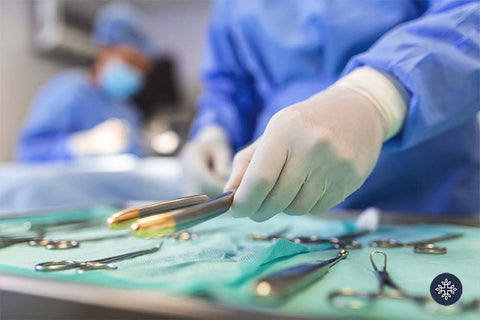
It's generally advised to stop taking CBD products, smoking marijuana, and certain herbal supplements at least two weeks before surgery. One of the primary concerns regarding consuming CBD before surgery is its potential anticoagulant effect [3].
An anticoagulant is a substance that prevents blood from clotting. With surgery, especially ones that involve incisions, ensuring that the blood can clot properly is important to prevent excessive bleeding.
As a general safety rule, inform your physician about any supplements or medications you take, especially if you have an upcoming medical or cosmetic surgery.
Can You Take Delta-8 THC Before Surgery?
It's not advised to take delta-8 THC or any other cannabis plant product for at least 2 weeks before your surgery.
Delta-8 THC is a compound that's similar to the infamous delta-9 THC compound. It was once very popular as a legal alternative to achieving a mellow marijuana high, but it became illegal in a number of states in October 2023 due to its semi-synthetic nature.
Given the uncertainty of its effects, particularly its potential interactions with other medications and anticoagulant properties, you should avoid delta-8 THC products before surgery.
Can You Use CBD After Surgery?
Depending on the surgery, your doctor may prescribe painkillers for pain management. However, not everyone wants to use pharmaceuticals for pain control, so they may want to turn to more natural options like CBD after surgery.
Although CBD may have some soothing effects that may seem to help with post-operative pain, due to its mentioned blood-thinning effects, taking CBD immediately after surgical procedures might complicate the healing process.
To stay safe, it's best to give your body a few days after surgery before reintroducing CBD to your system.
Can You Take Delta-8 THC After Surgery?
Mixing substances post-surgery, especially when using prescribed pain medications, can be risky. While the gentle psychoactive effects of delta-8 THC may appeal to some, introducing more compounds into your body while recovering may not be the best idea. On top of this, with hemp-derived delta-8 becoming illegal in several states, you may want to steer clear from purchasing it.
If after a few days (with the go-ahead from your health care professional), a safer and legal alternative to delta-8 THC products could be hemp-derived delta-9 THC, which may provide you with a similar experience to a marijuana high but without any of the legal complications.
How To Use CBD Products Post-Surgery
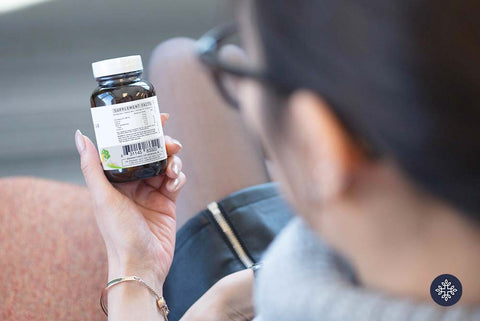
Once the decision has been made with your doctor to reincorporate CBD into your routine following a surgical procedure, you'll want to approach its reintroduction with mindfulness and caution.
Recognizing that every individual's body can respond differently post-surgery, the equilibrium of one's endocannabinoid system—a complex cell-signaling system influenced by cannabinoids—might have shifted.
Therefore, adopting a gradual approach to CBD post-surgery can be the safest route to maximize benefits and minimize risks.
Factors like post-surgery inflammation, medications, and the physical trauma of surgery itself can affect this balance. With this potential shift, reintroducing CBD should be akin to when you tried it for the first time. Building up your dosage slowly allows you to find the sweet spot where desired effects are achieved without overburdening the system.
Let's go over some of the popular CBD products and how you can integrate them back into your routine for a more comfortable healing process after a few days of post-surgical recovery:
- CBD Capsules and CBD Oil:
- Reintroducing: Start with CBD oil, which offer precise dosing, drop by drop, ensuring you can monitor your intake. Once you’ve found an ideal mg dose, you can incorporate pre-dosed CBD capsules for convenience.
- Consideration: Post-surgery, your body might be more sensitive or less tolerant. Begin with a smaller dose than you were accustomed to pre-surgery and gauge your body's reaction before incrementing the dosage.
- CBD Gummies:
- Reintroducing: Edible forms like gummies release CBD gradually since they pass through the digestive system. This slow release might be ideal for those easing back into CBD use.
- Consideration: Check for any additional ingredients in gummies, especially if you're on post-operative medications, to avoid potential interactions.
- Smokable Forms:
- Reintroducing: While smoking or vaping CBD offers immediate effects, you'll want to be more cautious because it’s harder to measure precise amounts of CBD. Of course, smoking or vaping also has the added risk of irritating your lungs, especially if the surgery involves respiratory or cardiovascular systems.
- Consideration: The rapid onset might make it easier to monitor for undesired effects, but always ensure your respiratory system can handle smoke or vapor post-surgery.
- Topical Products:
- Reintroducing: Applying CBD directly to the skin can target localized areas, potentially offering relief without systemic implications. This may be especially useful if the surgical site or surrounding area is experiencing discomfort.
- Consideration: While generally deemed safe, always conduct a patch test to ensure there's no allergic reaction. Even though the primary action is localized, there's still a potential for minimal systemic absorption, so monitor how you feel as you introduce CBD products back into your wellness routine.
Is It Safe To Take CBD After Cosmetic Procedures?
Cosmetic surgeries like tummy tucks, breast reductions/augmentations, and rhinoplasty often involve medications for pain management post-surgery.
While CBD is generally well-tolerated, its interaction with post-operative medications remains a bit of a gray area. Many patients are prescribed a cocktail of medication to keep pain, inflammation, and swelling at bay, and there's still not enough research to know how CBD interacts with those drugs.
To be safe, it might be best to refrain from CBD products after undergoing cosmetic procedures until you're sure there's no interaction risk. At least until you've got a clear read on how it might mesh with your prescribed medications. A chat with your healthcare provider can offer tailored insights on your specific cosmetic procedure and ensure that your recovery remains on the right track.
CBD After Major Open Heart Surgery
Open-heart surgery is undeniably one of the most significant medical procedures a person can undergo. It's a meticulous operation that demands an intricate balance within the body for a successful recovery and messing with this balance can put you at risk for serious complications.
With every heartbeat being crucial, the post-operative phase is a delicate period that calls for careful consideration of every substance introduced into the system.
Preliminary studies on CBD suggest it affects blood pressure and heart rate [4]. While these effects might be beneficial under certain circumstances, introducing CBD after an open-heart procedure could complicate the body's natural stabilization process.
Open-heart surgery patients are typically prescribed a cocktail of medications, including blood thinners, anti-arrhythmic, and pain relievers.
CBD's potential interaction with these drugs remains under-researched. But, given that CBD can influence how certain drugs are metabolized, there's a risk that it might alter the effectiveness of essential post-surgery medications or exacerbate their side effects.
The bottom line is that you should probably avoid using CBD oil or any other herbal supplements when recovering from open heart surgery.
The Takeaway: CBD After Surgery
Just as no two surgeries are identical, individual reactions to CBD can differ vastly.
While some swear by its calming effects post-surgery, others might experience less favorable outcomes. Because the body is in a more fragile state of recovery and may be on a number of medications for pain management, it's advised to stay on the side of caution and avoid negative drug interactions by pausing CBD and marijuana use.
Before reintroducing CBD or any other supplement post-surgery, having an in-depth conversation with your health care professional can make all the difference. They can offer a perspective tailored to your unique situation, ensuring your path to recovery remains smooth.
Resources:
- Argueta, D. A., Ventura, C. M., Kiven, S., Sagi, V., & Gupta, K. (2020). A balanced approach for cannabidiol use in chronic pain. Frontiers in pharmacology, 11, 561.
- Burstein, S. (2015). Cannabidiol (CBD) and its analogs: a review of their effects on inflammation. Bioorganic & medicinal chemistry, 23(7), 1377-1385.
- Coetzee, C., Levendal, R. A., Van de Venter, M., & Frost, C. L. (2007). Anticoagulant effects of a Cannabis extract in an obese rat model. Phytomedicine, 14(5), 333-337.
- Jadoon, K. A., Tan, G. D., & O’Sullivan, S. E. (2017). A single dose of cannabidiol reduces blood pressure in healthy volunteers in a randomized crossover study. JCI insight, 2(12).




